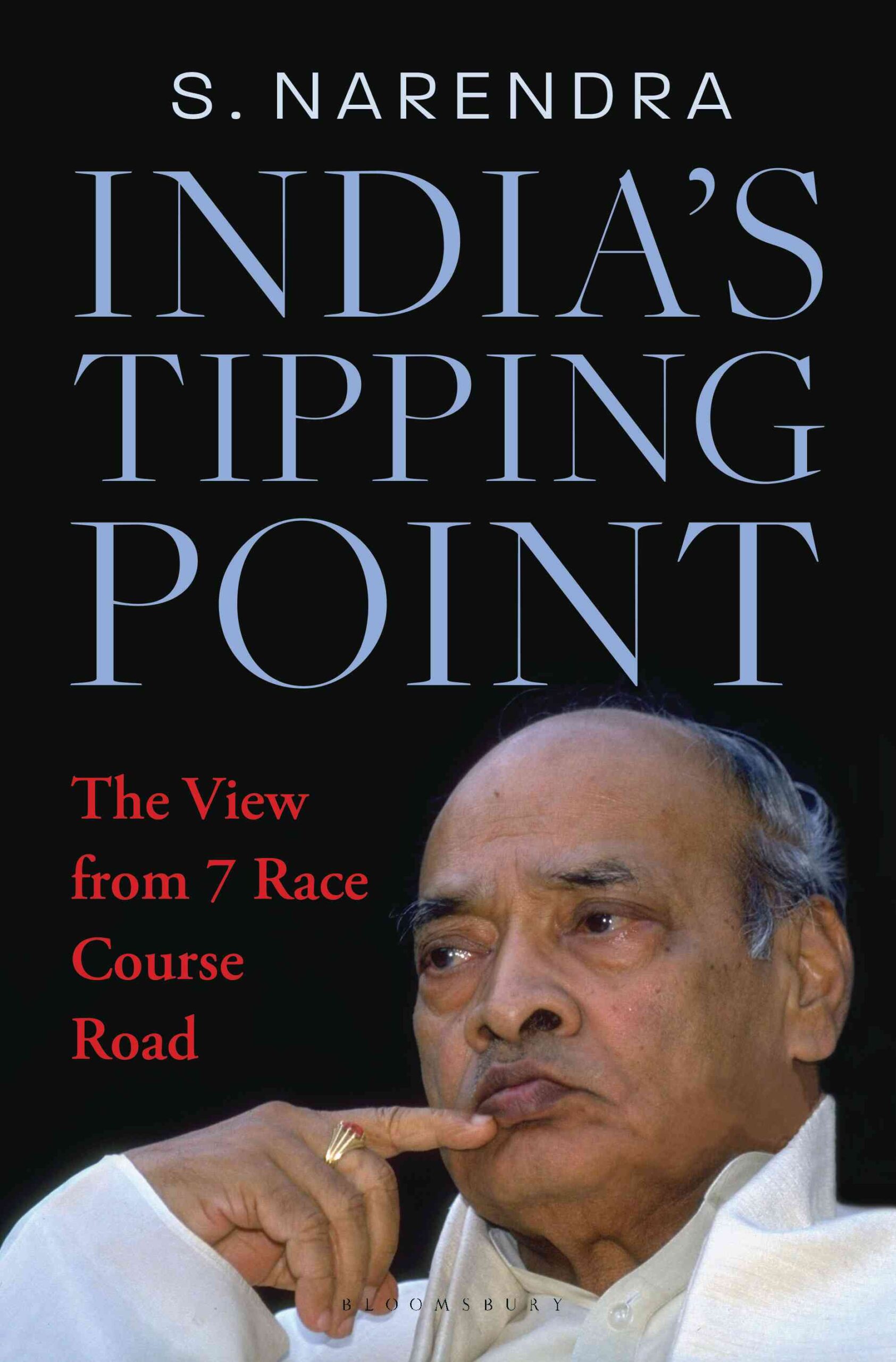S. Narendra’s book is an honest attempt to make readers aware of the work done by Rao, 27 years after he demitted office and 18 years after he left the world.
NEW DELHI: There is a 23-year difference between the oath taken by India’s ninth Prime Minister P.V. Narasimha Rao and the current PM Narendra Modi who was sworn in at the said post for the first time in May 2014. Both Rao and Modi came to the chair with the same common desire—of changing the status quo.
The only difference in circumstances was while Modi has wanted to bring about reforms on his own terms and through his own accord as he has had the mandate and hence the time to settle down and see his plans bear fruit, Rao got no such comfort and it was imperative for him to take quick and bold steps in much more difficult circumstances, that were emanating both locally and globally.
Aptly titled, “India’s Tipping Point: The View from 7 Race Course Road” published by Bloomsbury and written by S. Narendra, who served as amongst the closest aides to Rao, as he circumvented through multiple challenges, is a stand-out book on two counts.
The book has revealed, in a lucid language and writing style, the pits and mountains that Rao encountered during his tenure, much of which he never shared with anyone, perhaps because he for his entire tenure remained an “outsider”, battling internal and external adversaries without a support system to lean on.
Secondly, it carries anecdotes that narrate how Rao and his small team identified the problems that they would encounter and how they tried to tackle these; anecdotes that can be used as wisdom and guide, especially for those who are leading the country today.
The writer, S. Narendra, a trained officer of the Indian Information Service (IIS)—an administrative vertical whose contribution to nation building is seldom recognized, as much of its efforts are coveted by the more “illustrious” and “bright” officers from the Indian Administrative Services, Indian Police Services and the Indian Foreign Service—has used his training and more than four decades of experience skilfully to bring out a colourful picture of how Rao’s tenure in Delhi, as he led a country that had so much potential, but was shackled, played out.
What makes the book interesting is that Narendra has added, virtually on every page, minute snippets on the background of the individual or the incident that he is referring to. These snippets could only be known by someone who was in the thick of things and was privy to information reaching him through different sources.
The book apart from the game of thrones that Rao participated in, with most of the players from his own Congress party, has extensively talked about how he devoted a lot of time in repairing, nurturing and building India’s foreign relations. To counter the unjust attacks from foreign human rights organisations, Rao decided to bring into existence India’s own human rights body which came to be known as the National Human Rights Commission (NHRC).
He took multiple steps, some of which were seen as “risky”, to release the state from the clutches of the Pakistan-sponsored propaganda that it was reeling from. Rao, like many of his other efforts, never really got any recognition for this.
Another step of Rao that needs to be emulated today is how he took the decision to reverse the 1956 decision of the then PM Jawaharlal Nehru to ban the entry of foreign media into India. Rao lifted this ban, as he was aware of how beneficial it was going to be for the economy and for India’s strategic needs and a necessary step if India wanted to project itself as a confident enough country among global peers. It was he who ordered the live telecast of Parliament proceedings in 1995.
The last few lines of the book go like this: “…the credit for announcing India a nuclear power went to others, in the same way the credit for making India an economic power is mostly accorded to others”. This sums up the tenure of Rao, as it is widely accepted now. He never got his due recognition when he was alive. The book by Narendra is an honest and sincere attempt to make readers aware of the work done by Rao, 27 years after he demitted office and 18 years after he left the world.

